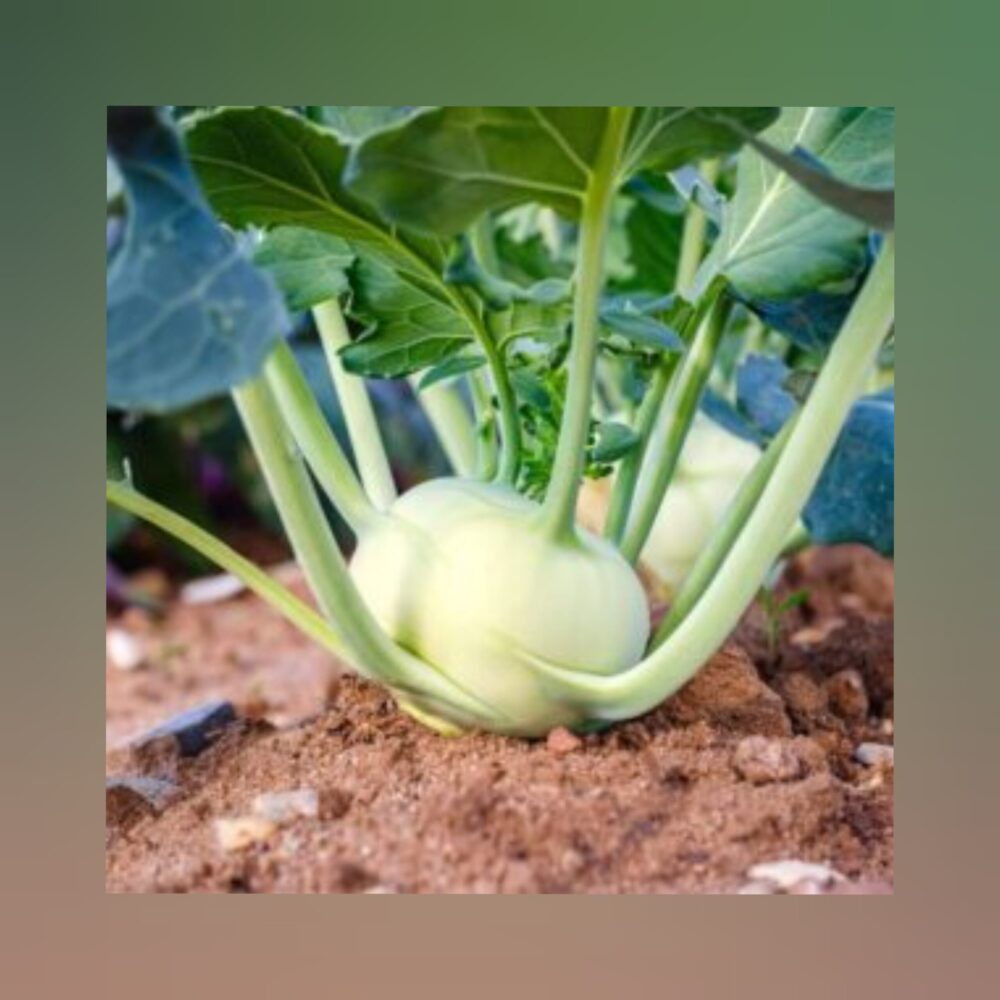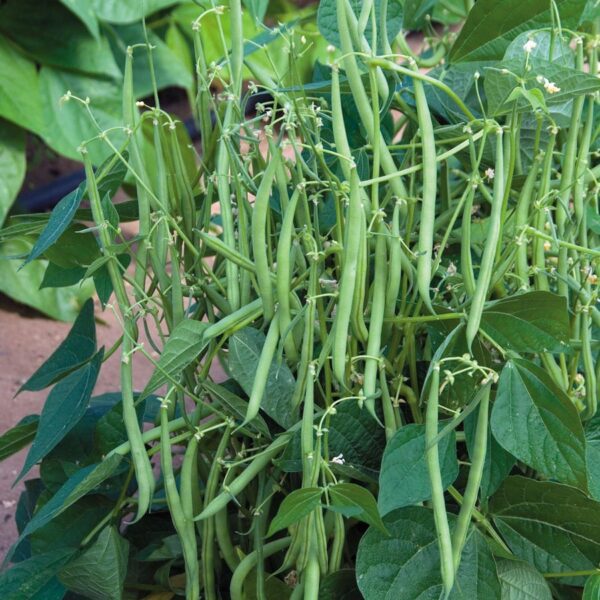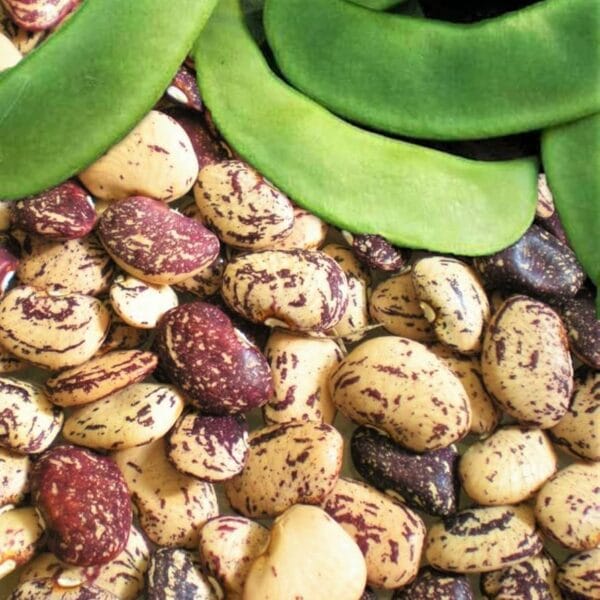Green KnolKhol Kohlrabi op seeds
Green KnolKhol Kohlrabi op seeds
Quantity: 3 grams
Green KnolKhol Kohlrabi op seeds, also known as kohlrabi (scientific name: Brassica oleracea var. gongylodes), is a biennial vegetable belonging to the cabbage family. It is known for its distinctive swollen stem, which is consumed as a vegetable. Knolkhol is popular in various cuisines around the world, including Indian, European, and Middle Eastern cuisines.
4 in stock
Green KnolKhol Kohlrabi op seeds
Knolkhol, also known as kohlrabi (scientific name: Brassica oleracea var. gongylodes), is a biennial vegetable belonging to the cabbage family. It is known for its distinctive swollen stem, which is consumed as a vegetable. Knolkhol is popular in various cuisines around the world, including Indian, European, and Middle Eastern cuisines.
Characteristics
Appearance: Green KnolKhol Kohlrabi op seeds has a round, swollen stem (often referred to as a bulb, though it grows above ground) with long, leafy stems. The bulb can be green, white, or purple, depending on the variety.
Leaves: The leaves are large, lobed, and typically grow from the top of the bulb. Flavor: The flesh of the bulb is crisp and tender, with a taste similar to that of a mild turnip or broccoli stem. Nutritional Benefits Vitamins: Rich in vitamin C and vitamin B6.
Minerals: Contains potassium, calcium, and magnesium. Fiber: High in dietary fiber, aiding digestion. Antioxidants: Contains various antioxidants that help combat oxidative stress.
Growing Conditions
Climate: Knolkhol thrives in cool weather and is typically grown in spring and fall. It can tolerate light frost but prefers temperatures between 10°C and 25°C.
Soil: Prefers well-drained, fertile soil with a pH between 6.0 and 7.5. It grows best in loamy or sandy soils. Water: Requires regular watering to maintain consistent soil moisture, particularly during dry periods.
Propagation and Planting Seeds: Propagated through seeds, which can be sown directly into the garden or started indoors and transplanted.
Germination: Green KnolKhol Kohlrabi open Pollinated seeds typically germinate within 5-10 days. Spacing: Space plants about 20-30 cm apart to allow for proper growth and air circulation.
Cultivation Practices
Weeding: Regular weeding is essential to reduce competition for nutrients and water.
Mulching: Apply organic mulch to retain soil moisture and suppress weeds.
Fertilization: Use a balanced fertilizer or compost to provide essential nutrients throughout the growing season. Harvesting Bulbs: Harvest when the bulbs reach 5-10 cm in diameter. Smaller bulbs tend to be more tender and flavorful.
Method: Cut the bulb at the base with a sharp knife, leaving the roots and lower stem in the ground.
Culinary Uses Raw: Can be eaten raw in salads or slaws, providing a crunchy texture.
Cooked: Commonly used in soups, stews, stir-fries, and as a roasted vegetable. Leaves: The leaves are also edible and can be used similarly to kale or collard greens.
Health Benefits Digestive Health: High fiber content aids in digestion and helps maintain bowel regularity.
Immune Support: Rich in vitamin C, which supports the immune system.
Bone Health: Contains calcium and magnesium, essential for maintaining healthy bones. Antioxidant Properties: Helps reduce oxidative stress and inflammation due to its antioxidant content.
Medicinal Uses
Traditional Medicine: Used in traditional medicine to treat digestive issues and inflammation.
Detoxification: Believed to aid in detoxifying the body due to its high nutrient and water content. Environmental Impact Soil Health: Can improve soil structure and fertility when used in crop rotation.
Biodiversity: Attracts beneficial insects and contributes to garden biodiversity. Summary Knolkhol, or kohlrabi, is a versatile and nutritious vegetable that is easy to grow and rich in essential vitamins, minerals, and fiber. It is well-suited to cool climates and can be cultivated in a variety of soil types.
Knolkhol can be enjoyed raw or cooked, offering a range of culinary possibilities. Its health benefits, including improved digestion, immune support, and bone health, make it a valuable addition to any diet. Additionally, its role in traditional medicine and positive impact on soil health further highlight its importance as a beneficial crop.
Native seeds, organic seeds, heirloom seeds, desi seeds, native seeds
| Weight | 13 g |
|---|---|
| Dimensions | 11 × 8.5 × 11 cm |







Reviews
There are no reviews yet.